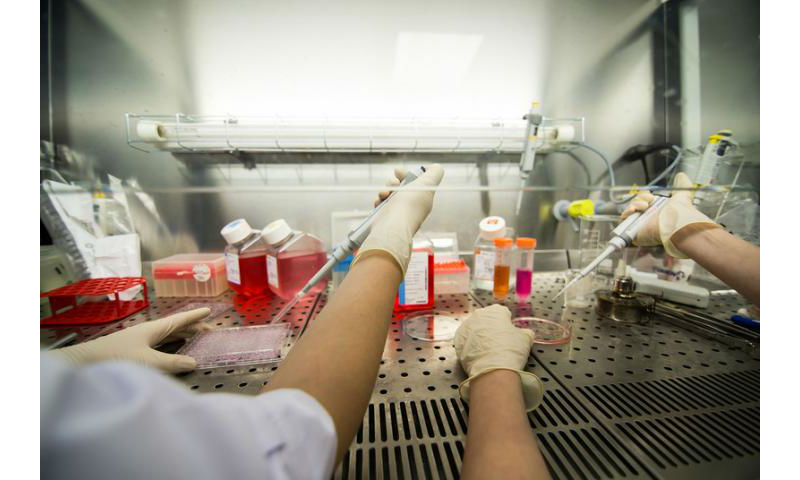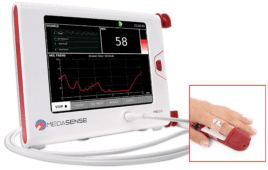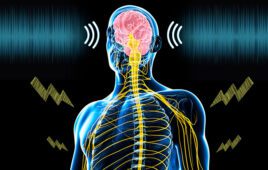Russian scientists have developed a new method of non-invasive testing for pregnant women suffering from a serious and complex condition called preeclampsia. According to reports, the scientists found potential biomarkers in urine that could, in the future, enable specialists to detect the disease in its early stages. A paper detailing the results has been published in the Journal of Proteomics.
Preeclampsia is a multisystem disorder that occurs in the second half of pregnancy and is characterized by high blood pressure and proteinuria — a significant increase in the normal level of protein in the urine. Women with the condition suffer headaches, swelling, fainting, and other unpleasant and often dangerous symptoms. Ultimately, preeclampsia puts the health and life of an expectant mother and her baby at serious risk. The symptoms of the condition are ambiguous, so doctors rarely diagnose “pure” preeclampsia. However, even if this diagnosis is made it is still not known what causes the disorder, therefore it is not possible to control it effectively.

To identify potential peptide biomarkers, the researchers compared samples of three groups of 10 women. (Credit: Journal of Proteomics)
Doctors are often only able to prescribe supportive care and treat the symptoms, while trying to delay the birth of the child. A balance has to be made between allowing enough time for full fetal growth (although the baby is also affected by improper development of the placenta as a result of the condition) and preserving the mother’s health.
If something is wrong with all the systems in the body, it is logical to assume that the “fault” is at molecular level. Protein is found even in the urine of an absolutely healthy person, although only in very small concentrations. From a doctor’s perspective, one of the main symptoms of preeclampsia is a marked increase in this concentration (from the normal 0.03 g/l to the critical 0.3 g/l and above). The scientists studied whether peptides (pieces of proteins) that are produced by women with preeclampsia could carry information about the disease. This approach is in line with the current focus on non-invasive testing, i.e. analyzing available biomaterials such as urine, saliva, or exhaled air.
To identify potential peptide biomarkers, the researchers compared samples of three groups of 10 women with a normal pregnancy, and with mild and severe preeclampsia. The researchers were not only interested in comparing healthy women and patients with preeclampsia; they also wanted to examine how certain biomarkers are associated with the severity of the condition. Following the experiments, 35 potential peptide biomarkers of preeclampsia were identified.
They included fragments of alpha-1-antitrypsin (14 peptides), collagen alpha-1(I) and alpha-1(III) chains (6 peptides), and uromodulin (7 peptides).
“We were able to confirm a number of markers previously proposed by our colleagues abroad, and also identify some new ones,” said Evgeniy Nikolaev, one of the authors of the study and head of Moscow Institute of Physics and Technology’s Laboratory of Ionic and Molecular Physics. “We will obviously need to verify and confirm their significance. What is important is that this non-invasive method has proven effective — it can be used as a basis to develop a clinical method.”




